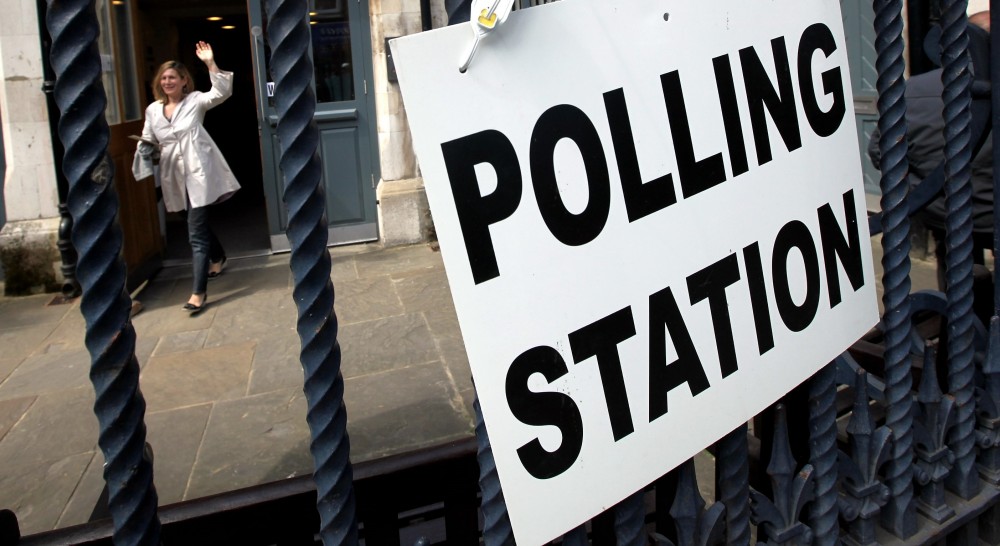â€Insidious’ move
If there were any remaining doubts that the Tory government is aiming to lock in its grip on power for generations, this week they were laid to rest.
New details were published on Wednesday (February 24) revealing how constituency boundaries will be redrawn as the government seeks to reduce the number of MPs from 650 to 600.
They’ve done so under the guise of “reducing the cost of politics” but as they slash the number of elected representatives, they’ve packed the unelected House of Lords with 12 new Tory peers, including Google executive Joanna Shields, Marks and Spencer boss Sir Stuart Rose and jewel tycoon Ranbir Suri.
They’ve also upped the number of special advisers – spin doctors and political aides – to nearly 100. This has cost the taxpayer more than £10m last year alone.
But the proposed constituency boundaries, instead of reducing the cost of politics, could, more than anything, drastically reduce the power of the Labour party.
Of the 50 seats to be slashed, a Times analysis found that 24 of these seats will likely be lost by Labour, with the Tories losing only 14, the Lib Dems losing seven and other parties losing four.
Some areas are set to lose more political representation than others – regions with higher levels of deprivation such as the north of England will lose many more seats than regions in the more affluent, and largely Tory, south.
The North West and North East regions – among the most deprived areas in the country, and also more likely to vote Labour – are set to lose 11 seats in total. Of these 11 seats, the Times analysis found, 7 are likely to be Labour seats, while only one Tory seat will be lost, and one Tory seat will be gained.
The Isle of Wight, a Tory stronghold, will be split in two, giving the Conservative party another additional seat.
Wales, a Labour stronghold that also has the highest proportion of people living in poverty outside of London, will be hit the hardest – it’s set to lose a full quarter of its MPs, with more than half from solid Labour seats.
After the 50-seat slash, redrawn boundaries will also mean that many once safe Labour seats will become marginals.
The complex boundary changes currently underway will be complete just before the next general election – the Commission must report in September and their final proposals will be put forward to be agreed on in 2018.
The boundary review will seek to create constituencies that are roughly equal in size, but these will not be based on population. Rather, they’ll be based on the number of people who were registered to vote in December 2015.
Electoral register
As UniteLive has previously reported, the register from December is the first one since the new registration system, Individual Electoral Registration (IER), was introduced. Because IER was rushed through a year ahead of schedule, hundreds of thousands of people who were registered to vote in the last general election fell off the electoral register.
The Office of National Statistics (ONS) estimated this week that the drop-off amounted to more than 600,000 people, adding to the millions of people not currently registered to vote.
Unite political director Jennie Formby argued that the boundary review being carried out by the Tories – a review that was actually rejected by the Lib Dems under the previous coalition government – is nothing short of a threat to democracy.
“The upcoming boundary review is only the latest in a long list of examples of the Tory government seeking to rule over what it considers its dominion instead governing a democracy,” she said. “Taken together with its attacks on trade unions, on Labour Party funding and on freedom of information, we can only conclude that this may be one of the most dangerous governments in history.
“Worst of all, the new boundaries will be based on a drastically incomplete electoral register – more than half a million people dropped off the register after the government deliberately rushed through individual electoral registration, which was added to the estimated 7.5m people who are not registered to vote.
“This means that those who will lose representation most will be those who already feel so marginalised by the system that they don’t feel moved to participate,” Formby argued.
“These insidious boundary changes are more than just about Tory or Labour,” she added. “They’re about concentrating political power into the hands of a tiny minority – mostly affluent – who have vested interests in maintaining the status quo.
“The good news is that while our democracy may be at risk, we still have power in numbers. If we continue in our campaign to get the vote out, to get more people into the ballot box and out on the streets demonstrating against this government’s policies, then we can make a difference.”
 Like
Like Follow
Follow


